As part of its nature restoration law proposals, the EU has suggested that farmers could grow moss and graze water buffalo on rewet farmed peatlands.
The EU proposes that restored and rewet peatlands could continue to be used productively in alternative ways through ‘paludiculture’, the practice of farming on wet peatlands.
The proposals suggest that farmers could cultivate “various types of reeds” and “certain forms of timber” on the rewet land.
They say there could be opportunity for farmers in blueberry and cranberry cultivation and grazing with water buffaloes.
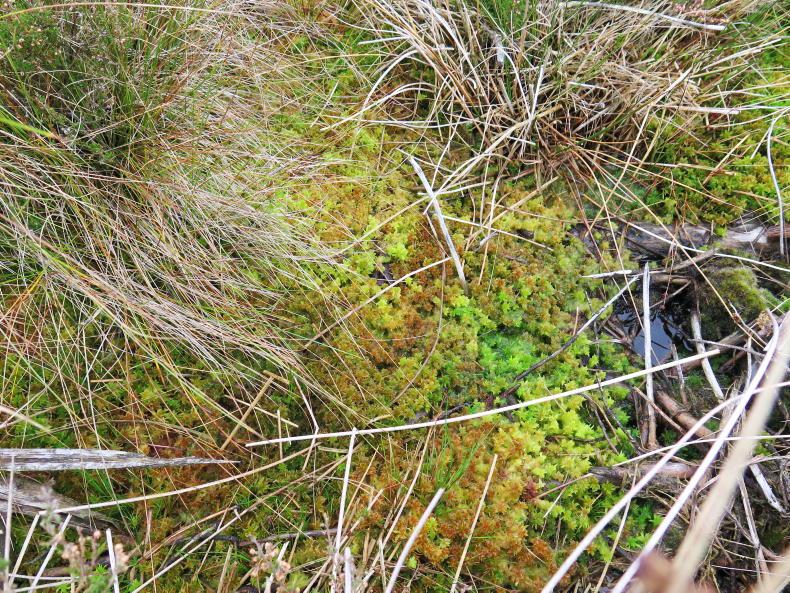
Farmers could cultivate sphagnum moss on rewet peatlands, says the EU.
Measures in the proposals also include ‘sphagnum’ farming. This is the cultivation of peat moss for the production and harvest of peat moss biomass.
The EU says such farming practices should be managed in a way that has “high value both financially and ecologically”.
The EU nature restoration law could see over 200,000ha of farmed peatland in Ireland rewet by 2050.
Farmer appetite
In an Oireachtas agriculture committee meeting discussing the restoration law on Wednesday, Macra said its members are “certainly not highly motivated by the [farming] alternatives noted”.
During his address to TDs and senators, Macra president John Keane said: “Macra looks forward to the development of the farming practices outlined above and indeed the investment needed to support the development of such practices.”
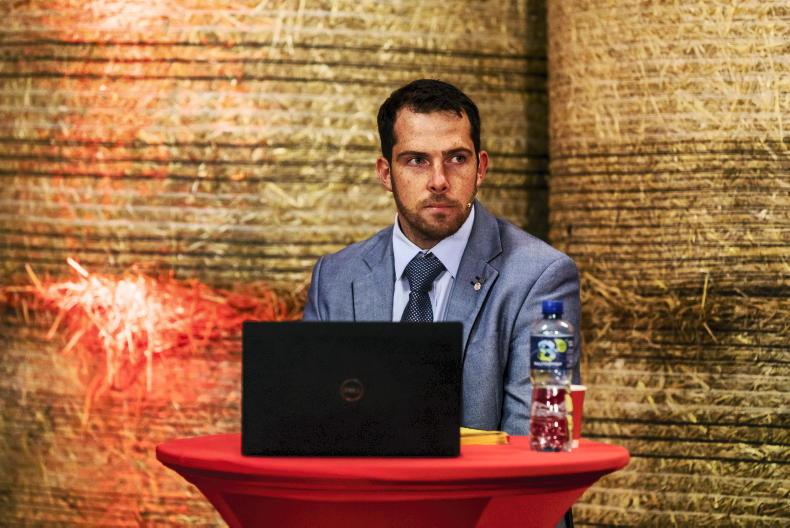
Macra president John Keane says the alternative farming options won't enthise young farmers. \ Philip Doyle
He said that Macra “waits in anticipation” for the development of sphagnum (moss) farming, particularly given that the Intergovernmental Panel on Climate Change (IPCC) states that the use of a lot of sphagnum moss in gardens is “bad news for the wildlife that depends on bog moss”.
“There are references in the proposal to ‘other farming practices’ that can be adopted on agricultural peatlands. However, Macra notes that to the best of its knowledge the above are the only alternatives outlined,” Keane continued.
He suggested that generational renewal in Irish farming won’t be created by pushing farmers towards such farming practices for rewet land.
‘Absolute fury’
There will be absolute fury in rural Ireland at the potential impact of the EU nature restoration law, warned the Irish Cattle and Sheep Farmers Association (ICSA) at the same Oireachtas committee meeting.
ICSA president Dermot Kellher called on Government to “immediately convene a process of engagement with farm representatives”.
He said that political leaders must do this “before it makes any further commitment to supporting this regulation at EU level”.
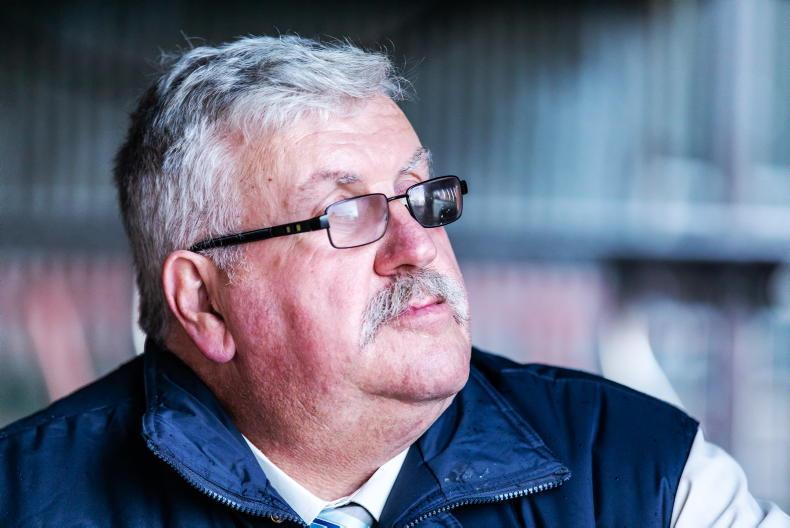
ICSA president Dermot Kelleher called on government to engage with farmers on rewetting proposals. \ Philip Doyle
“Farmers are extremely anxious that their farms will be decimated in terms of production and the value of their land destroyed, particularly as a consequence of possible re-wetting demands,” he said.
Lack of engagement
The Cork farmer said he is “alarmed that there has been absolutely zero engagement from either the Department of Agriculture or the Department of Environment, Climate and Communications with regard to the implications of this for the farmers that actually own the land that is threatened by this regulation”.
“There has been a brief discussion with farm organisations about the EU Biodiversity Strategy, but nothing about this specific proposed regulation on nature restoration.
"How can the [Minister for Agriculture] commit to supporting this at EU level without even the courtesy of a discussion with the landowner representatives?” he asked.
Read more
Plan to rewet farmland blasted as 'land grab'
EU law could see 70% of drained, farmed peats rewet by 2050
Farmers need ‘sufficient income’ from projects such as rewetting – Noonan
As part of its nature restoration law proposals, the EU has suggested that farmers could grow moss and graze water buffalo on rewet farmed peatlands.
The EU proposes that restored and rewet peatlands could continue to be used productively in alternative ways through ‘paludiculture’, the practice of farming on wet peatlands.
The proposals suggest that farmers could cultivate “various types of reeds” and “certain forms of timber” on the rewet land.
They say there could be opportunity for farmers in blueberry and cranberry cultivation and grazing with water buffaloes.

Farmers could cultivate sphagnum moss on rewet peatlands, says the EU.
Measures in the proposals also include ‘sphagnum’ farming. This is the cultivation of peat moss for the production and harvest of peat moss biomass.
The EU says such farming practices should be managed in a way that has “high value both financially and ecologically”.
The EU nature restoration law could see over 200,000ha of farmed peatland in Ireland rewet by 2050.
Farmer appetite
In an Oireachtas agriculture committee meeting discussing the restoration law on Wednesday, Macra said its members are “certainly not highly motivated by the [farming] alternatives noted”.
During his address to TDs and senators, Macra president John Keane said: “Macra looks forward to the development of the farming practices outlined above and indeed the investment needed to support the development of such practices.”

Macra president John Keane says the alternative farming options won't enthise young farmers. \ Philip Doyle
He said that Macra “waits in anticipation” for the development of sphagnum (moss) farming, particularly given that the Intergovernmental Panel on Climate Change (IPCC) states that the use of a lot of sphagnum moss in gardens is “bad news for the wildlife that depends on bog moss”.
“There are references in the proposal to ‘other farming practices’ that can be adopted on agricultural peatlands. However, Macra notes that to the best of its knowledge the above are the only alternatives outlined,” Keane continued.
He suggested that generational renewal in Irish farming won’t be created by pushing farmers towards such farming practices for rewet land.
‘Absolute fury’
There will be absolute fury in rural Ireland at the potential impact of the EU nature restoration law, warned the Irish Cattle and Sheep Farmers Association (ICSA) at the same Oireachtas committee meeting.
ICSA president Dermot Kellher called on Government to “immediately convene a process of engagement with farm representatives”.
He said that political leaders must do this “before it makes any further commitment to supporting this regulation at EU level”.

ICSA president Dermot Kelleher called on government to engage with farmers on rewetting proposals. \ Philip Doyle
“Farmers are extremely anxious that their farms will be decimated in terms of production and the value of their land destroyed, particularly as a consequence of possible re-wetting demands,” he said.
Lack of engagement
The Cork farmer said he is “alarmed that there has been absolutely zero engagement from either the Department of Agriculture or the Department of Environment, Climate and Communications with regard to the implications of this for the farmers that actually own the land that is threatened by this regulation”.
“There has been a brief discussion with farm organisations about the EU Biodiversity Strategy, but nothing about this specific proposed regulation on nature restoration.
"How can the [Minister for Agriculture] commit to supporting this at EU level without even the courtesy of a discussion with the landowner representatives?” he asked.
Read more
Plan to rewet farmland blasted as 'land grab'
EU law could see 70% of drained, farmed peats rewet by 2050
Farmers need ‘sufficient income’ from projects such as rewetting – Noonan








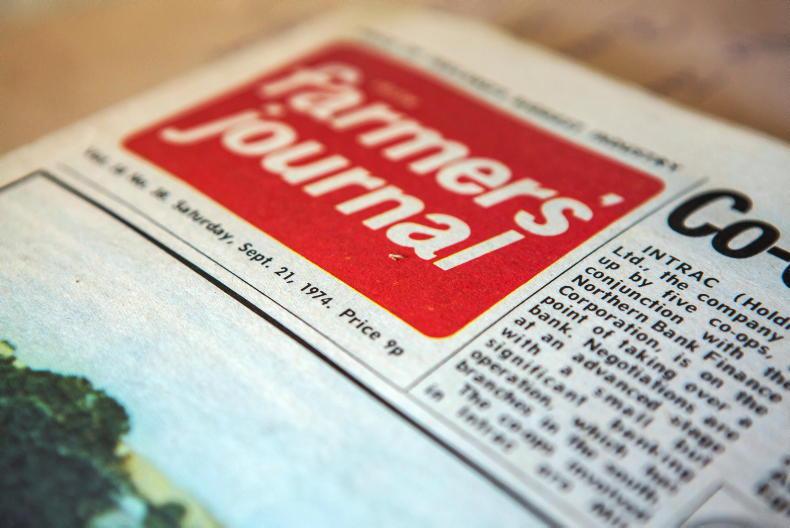
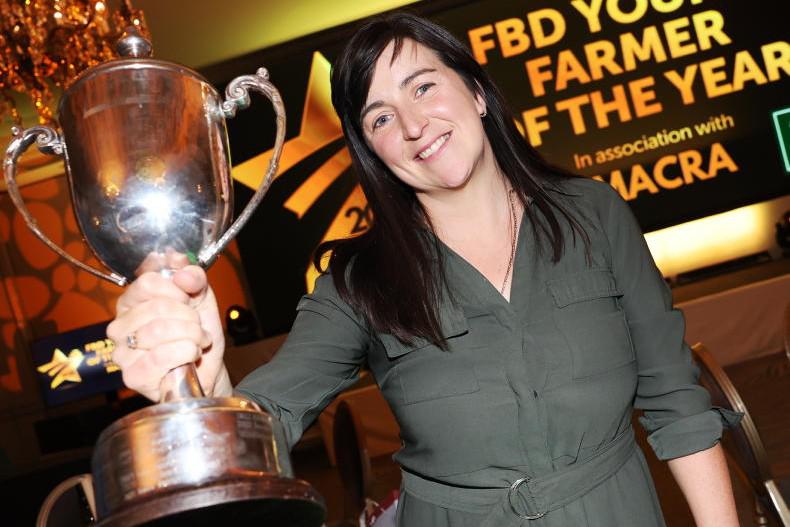
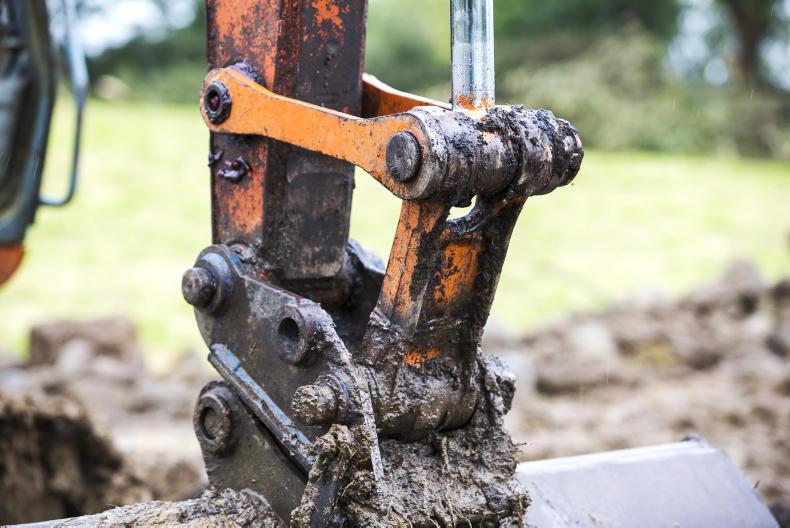
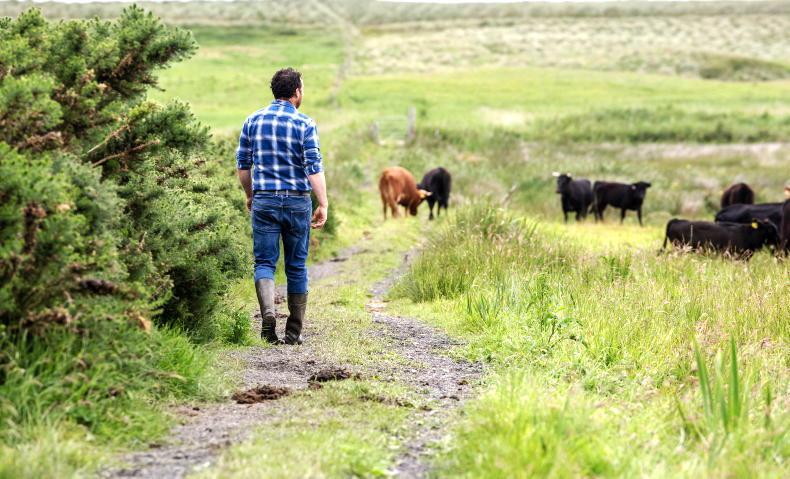
SHARING OPTIONS